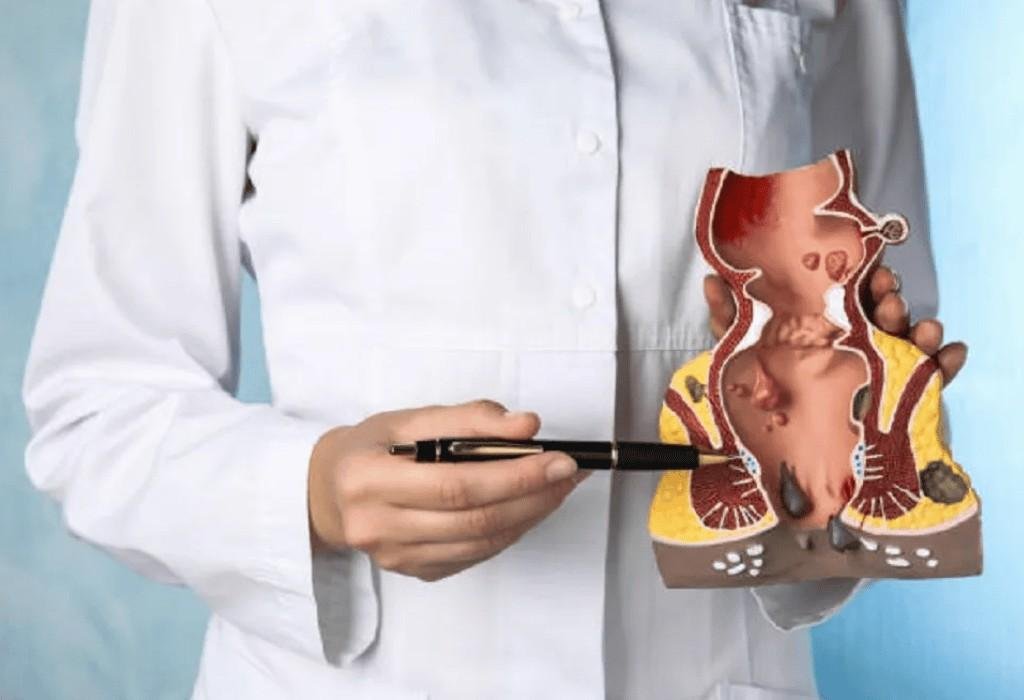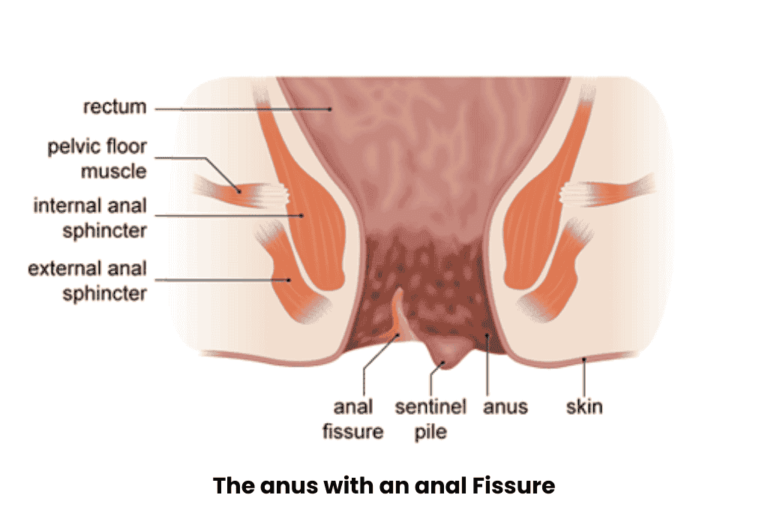Top 8 Benefits of Non-Surgical Fistula Treatment
- April 23, 2025
Fistulas are abnormal connections between two parts of the body that can cause discomfort and pain. Thankfully, fistula treatment without surgery is becoming increasingly popular as a natural and effective solution. Non-surgical treatments focus on holistic healing, reduced recovery times, and minimal risk. In this blog, we explore the benefits of non-surgical fistula treatment, including Kshar Sutra treatment for fistula and Ayurvedic remedies, both of which have emerged as safe, alternative options for effective fistula management.
Kshar Sutra for Non-Surgical Fistula Treatment

Kshar Sutra Treatment is one of the most effective new treatment for fistula. It involves placing a medicated thread in the fistula tract to heal it naturally.
How It Works: The medicated thread gradually cleanses the tract and promotes healing from the inside out.
Benefits of Kshar Sutra Treatment :
- Non-Invasive: No surgery or cuts are required, reducing the risk of complications.
- Minimal Pain: Much less painful than traditional surgery.
- Faster Recovery: The treatment involves minimal downtime, allowing patients to return to their daily activities quickly.
- Prevents Recurrence: Kshar Sutra is highly effective in preventing the fistula from coming back.
- Safe and Natural: The medicated thread is made from natural herbs, ensuring a holistic, chemical-free treatment.
Kshar Sutra therapy is a powerful yet natural alternative for treating fistula in ano ayurvedic treatment, ensuring a safe and effective healing process.
Benefits of Non-Surgical Fistula Treatments
1. Minimally Invasive Approach
Problem: Surgery often involves cuts and carries a risk of infection.
Solution: Non-surgical treatments, including Graded Kshar Sutra, are far less invasive, reducing the risk of complications like infections. Fistula treatment without surgery means no major incisions, making the procedure safer and more comfortable.
2. Reduced Recovery Time
Problem: Surgery often means a long recovery period.
Solution: Non-surgical treatments allow for faster healing times. Since Kshar Sutra treatment for fistula doesn’t involve significant cuts, recovery is much quicker, letting you get back to your routine without extended downtime.
3. Cost-Effective
Problem: Surgery can be expensive with high hospital and treatment costs.
Solution: Non-surgical methods are more affordable, with fewer hospital stays and lower overall costs.
4. Natural Healing Process
Problem: Synthetic medications can have side effects.
Solution: Ayurvedic treatments use natural herbs like Triphala, Neem, and Turmeric to promote healing without chemicals.
5. Less Painful
Problem: Surgery often involves significant pain during and after the procedure.
Solution: Non-surgical treatments like Graded Kshar Sutra are much less painful, with minimal discomfort during and after treatment.
6. No Risk of Scarring
Problem: Surgery can leave visible scars.
Solution: Non-surgical treatments don’t involve cuts, so there’s no risk of scarring.
7. Long-Term Healing and Prevention
Problem: Fistulas can recur after treatment.
Solution: Non-surgical treatments focus on long-term healing, helping to prevent recurrence by improving overall health and immunity.
8. No Risks of Complications
Problem: Surgery comes with risks like infections and anesthesia reactions.
Solution: Non-surgical treatments carry fewer risks, ensuring a safer treatment experience with fewer complications.
Why Choose Ayurcure’s Non-Surgical Fistula Treatment?

1. Expert Care with Dr. S.K. Singh
Many patients are unsure if non-surgical treatments will be effective or if they’re receiving the right care for their fistula.
Solution: At Ayurcure, you receive expert care from Dr. S.K. Singh, a leading fistula specialist doctor in Delhi with over 30 years of experience. His personalized treatment plans are specifically tailored to your condition, ensuring the best results with non-surgical options like Graded Kshar Sutra Treatment.
2. Safe, Affordable, Pain-Free Treatment
People worry about the pain, scarring, and high costs of traditional surgery.
Solution: Ayurcure’s Graded Kshar Sutra Treatmentand other non-surgical methods are safe, minimally invasive, and pain-free, with no incisions or scarring. These treatments are also affordable, offering high-quality care without the need for expensive surgery or long recovery periods.
At Ayurcure, the goal is not just to treat the fistula but also to improve overall health, ensuring long-lasting results and overall wellness.
Conclusion
Non-surgical treatments like Kshar Sutra therapy and Ayurvedic remedies offer a safe, effective, and natural way to treat fistula in ano without surgery. They help reduce recovery time, minimize pain, and prevent recurrence, making them an excellent choice for those looking for fistula treatment without surgery.
If you’re looking for a non-surgical fistula treatment in Delhi, Ayurcure offers expert care with a personalized, holistic approach. Contact Dr. S.K. Singh today to begin your healing journey.
















